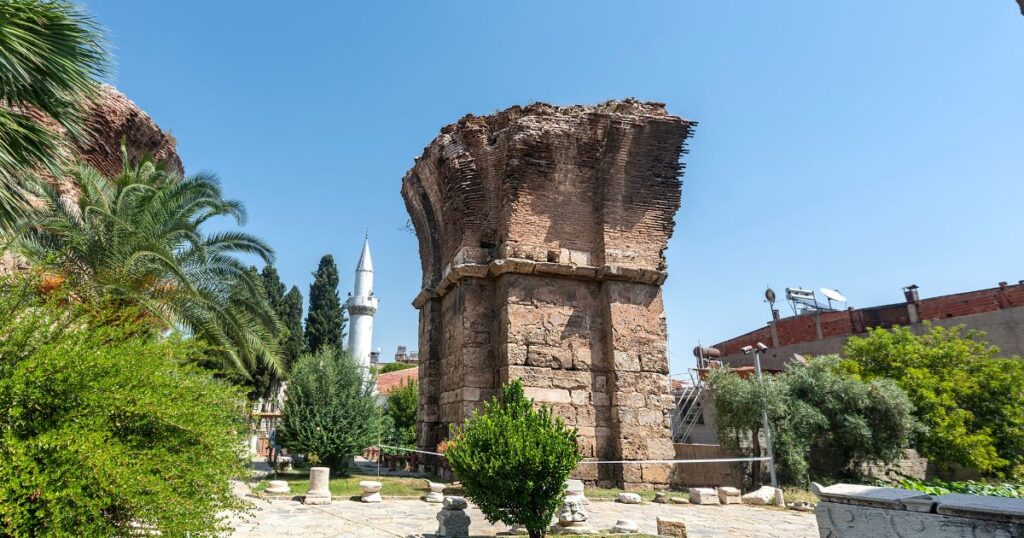
A remarkable archaeological discovery in south-central Turkey has unveiled a carbonized loaf of bread dating back to the 7th or 8th century. Found at the Topraktepe archaeological site, once part of the ancient city of Eirenopolis, the loaf has drawn attention not only for its age but also for its religious significance. The Karaman Governorship announced the find on October 8, 2023, highlighting the loaf’s inscription that reads, “With gratitude to the Blessed Jesus.”
This bread is one of five loaves unearthed during the excavation, and it stands out for its well-preserved state, making it one of the best examples from the Anatolia region. The loaf’s depiction of Christ as a farmer, sowing seeds, reflects the symbolic importance of fertility and labor during that era. Archaeologists suggest these loaves were intended for communion, underlining their role in early Christian worship.
Significance of the Discovery
The discovery of such a well-preserved loaf offers insights into the religious practices of early Christians. As noted by Giovanni Collamati, a professor of history at CEU San Pablo University in Madrid, this find illustrates how devotional practices extended beyond the elite classes of major cities like Constantinople. Instead, it reflects a more localized form of worship rooted in the lives of ordinary people.
Collamati emphasized that this artifact represents “much more local liturgical worship that originates from people who do not belong to the elite,” showcasing the deep faith and community spirit of the time. The bread serves as a tangible link to the past, reminding modern observers of the enduring legacy of Christian belief.
A Glimpse into History
The presence of this loaf, estimated to be at least 1,200 years old, highlights how religious messages have transcended time. It is a testament to the widespread influence of Christianity and offers a unique perspective on how faith was expressed in everyday life during that period.
Such discoveries not only enrich our understanding of historical contexts but also prompt reflection on the simplicity of faith demonstrated through objects like bread. As the narrative of Christ continues to resonate through centuries, artifacts such as this loaf contribute to a broader understanding of cultural and spiritual evolution.
The unearthing of this bread serves as a reminder of the profound ways in which faith has been woven into the fabric of human history, echoing the sentiment that even the most ordinary items can hold significant spiritual value.
As this story unfolds, it reinforces the importance of archaeological endeavors in uncovering the layers of human experience and belief, offering a richer narrative of our collective past.







